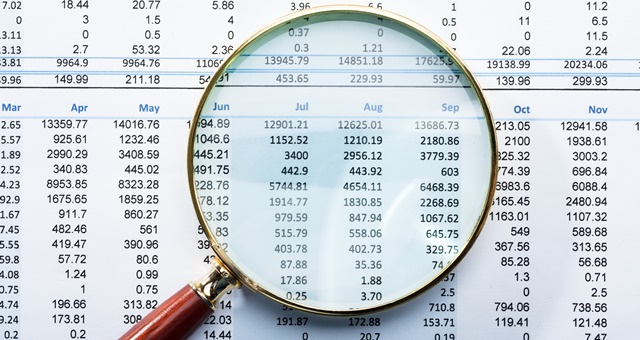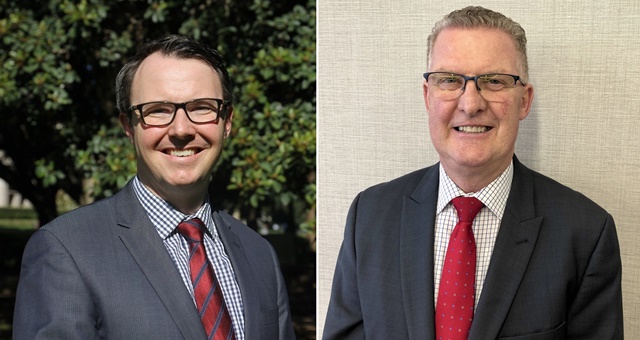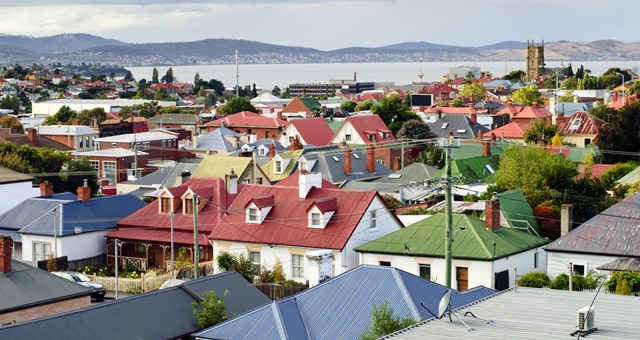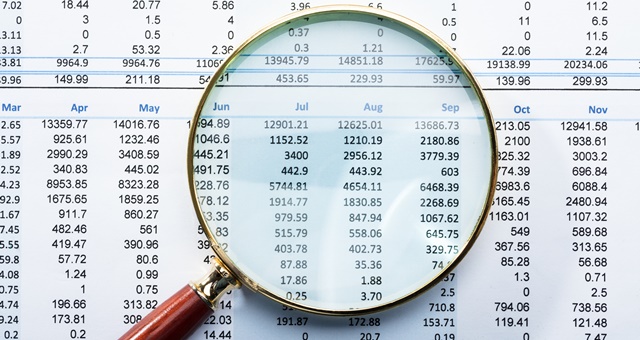
Data from around 190,000 hosts listing properties via online short-term accommodation platforms including Airbnb will be handed over to the Australian Tax Office (ATO) as part of a previously-announced crackdown into income allegedly unreported or incorrectly reported, leading to unpaid tax.
The ATO has served notice on the prolific home-sharing giant among others requiring booking data to be shared on financial years from 2016-17 onwards. Airbnb has said publicly it will comply with the notice in an email to its hosts.
The crackdown, announced last year, will continue to shine a light on the unregulated side of accommodation where investors and home-owners may be allegedly either unintentionally or deliberately exploiting complicated loopholes in tax laws through investment properties and primary residential homes.
In a statement, Airbnb said it was committed to ensuring its hosts paid the correct amount of taxes.
“As current rules were written before the sharing economy existed, developing a holistic, light-touch, mandatory data-sharing framework is critical for everyone in the sharing economy. We [also] remain supportive of implementing a data-sharing framework that not only takes data privacy laws into account but makes it easier and cheaper for Australians to pay their taxes across all sharing-economy platforms.”

Tourism Accommodation Australia CEO, Michael Johnson, said this latest development was a result of years of advocacy encouraging the government to shine a light on what was “a grey area of the economy”.
“The ATO program requires sharing economy rental platforms to share data such as name, address and telephone number, banking details, payment methods, gross rental income, nights booked and comprehensive property activities.
“As the unregulated accommodation sector has grown, traditional accommodation providers have suffered as a result of unequitable taxation arrangements whilst taxpayers have missed out on a substantial revenue stream.
“Property owners who have correctly assessed and declared their income tax, GST and other obligations or earnings from these activities and complied with Australian Tax laws, should have nothing to be concerned about,” Johnson added.

Accommodation Association of Australia (AAoA) Chief Executive, Dean Long, said the softening of Australia’s economy was having a direct impact on the prices registered hotels were able to charge, impacting the lives of tens of thousands of employees.
“With the ATO forcing the sharing of data held by AirBnB it will ensure those people, that have not been paying tax for the last 10 years on this income, are having the spotlight turned on them.”
The AAoA said it would be continuing to engage with political leaders to continue its approach to ensure greater transparency of the unregulated side of the accommodation sector.
“It has been regional and city accommodation providers speaking directly to your local MPs and Ministers, submissions to government and active engagement with the ATO and Commonwealth Treasury that have been critical in gaining this outcome,” Long continued.

